This exercise is more challenging than immediately meets the eye. My initial thoughts were that these photos fit the bill – they were taken with this exercise in mind:
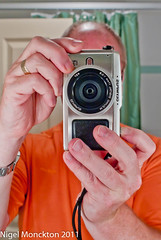
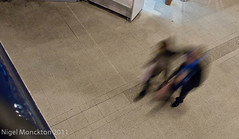

The figure in each case is anonymous as a result of being obscured, blur and silhouette respectively. However closer inspection of the exercise requirements requires that the images be primarily about place. Clearly the first two fail immediately. The third does have an identifiable place, if you know where MAMCO is, but fails – I think – on the basis that it tells you nothing about the space. So repeat after me – read the instructions!
So next up – lets consider these two shots of Bristol Temple Mead
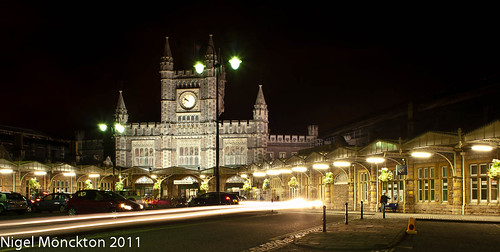
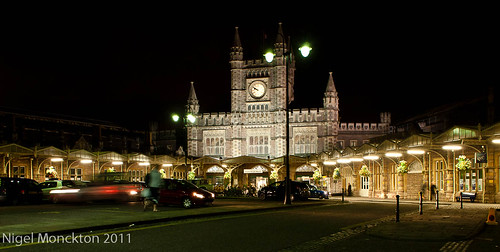
These seem to be getting closer to the mark. Given a little cultural background it could probably be identified as a railway station from the detail in the photo (although a city centre cathedral would run it a close second). The difference between the two is that one relies for its ‘life’ on a light trail, while the other has a blurred figure in the central foreground. In this particular shot I think that, although the second shot fulfils the brief, the light trail is more effective at adding life, but the second shot is a candidate for Exercise 23: Selective processing and prominence.
This silhouette is rather more successful. The shot is primarily about place – the silhouette is not dominant because of the low key nature of the shot, but adds humanity to an otherwise fairly empty scene.
This shot of Warwick Castle makes use of the ‘small and many’ technique to establish scale and activity;
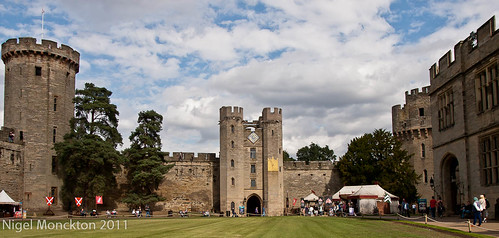
while this one relies on the fact that the most prominent people – on the battlement – are not only fairly small, but are facing way from the camera. This keeps the focus on the castle – in particular its height – rather than on the people themselves. It could be argued that this is simply another example of ‘many and small’, but I think the shot would be considerably less effective without the people on the battlement.
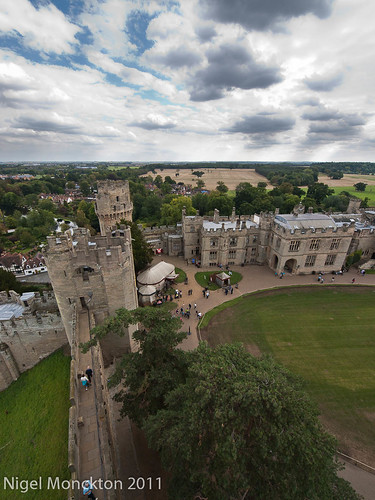
And finally two shots where this exercise and No 19 overlap. Both taken at Westonbirt earlier this year they are clearly ‘single figure small’ emphasising the scale of the landscape, and by being anonymous they are clearly seen as secondary to the landscape, although there is more than a hint of hidden narrative in the former.
Concluding thoughts
For years I have avoided people in my shots but time and time again this course has highlighted that as missing a creative opportunity.This particular exercise really brings that home. Virtually all of these shots would be less effective without people.
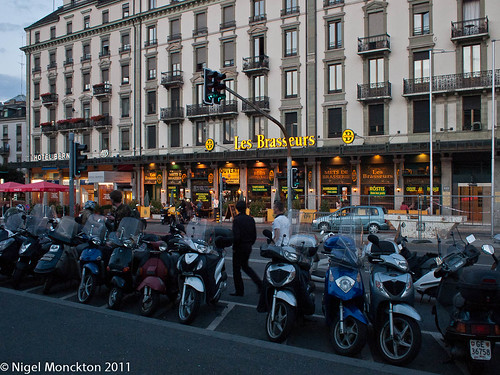
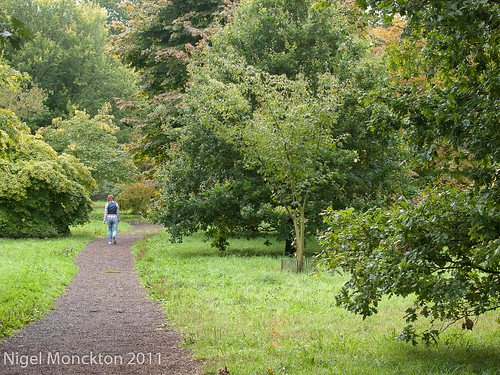

No comments:
Post a Comment